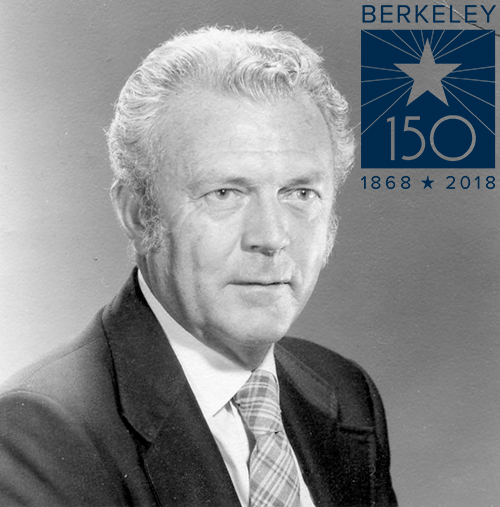150 Years of Innovation: John Whinnery: Fields and waves

EECS Prof. and alumnus John Whinnery (1916-2009, EE B.S. ’37/Ph.D. ’48 ) is the subject of a Berkeley Engineering article celebrating UC Berkeley’s 150th year. Whinnery served as director of the Electronics Research Laboratory from 1952-56, department chair from 1956-59, and dean of the College of Engineering from 1959-63. He was a distinguished innovator in the field of electromagnetism and communication electronics and was recognized as one of the country’s top experts on the fundamentals of quantum electronics. He was awarded the IEEE Medal of Honor in 1985 and the National Medal of Science in 1992